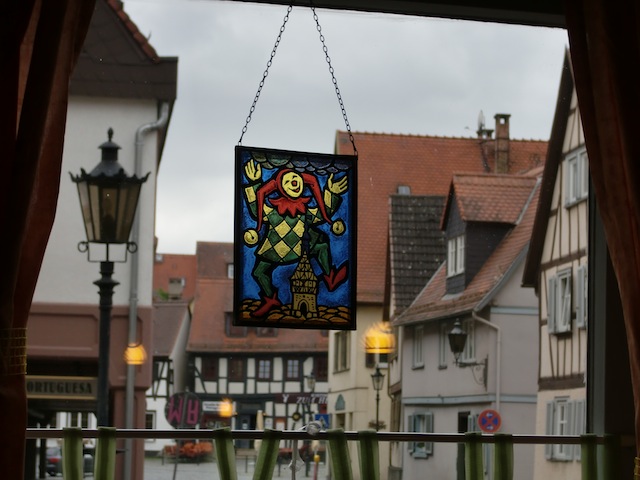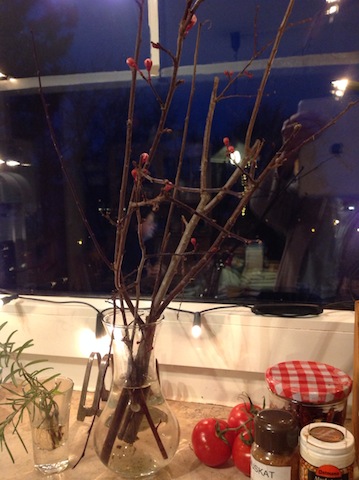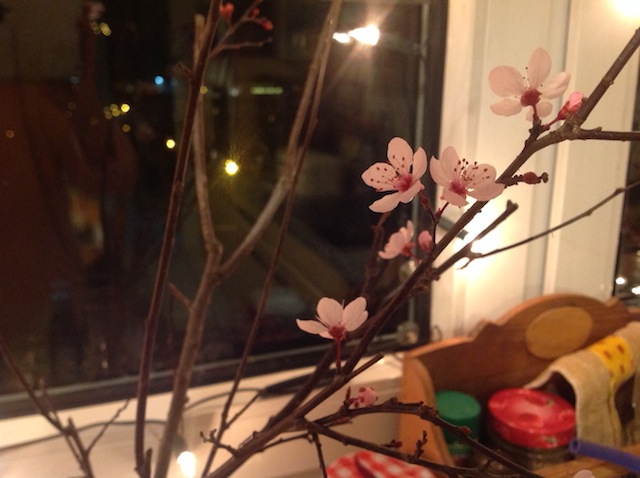I’ve abused the German language for many years. Sometimes, I’ve spoken in a mischmasch of English and German, because it was more convenient. For example, my husband asks me for the whereabouts of something, then my reply is usually this: “It’s in the Einbauschrank!” The Einbauschrank is the built-in closet in the entry way of an apartment in Germany. At least around here where we live. You see, I don’t bother translating it. I use the local word.
The other day, I discovered this new word on a notice at the doctor’s office. “… zu spät sein sollten, wird der Termin automatisch gekänzelt.” (In case you’re late, your appointment will be automatically cancelled)

There is a new platform called Sprachnudel (Language Noodle), which collects all the words not suitable for the Duden (Germany’s pre-eminent language resource).
Sprachnudel, the platform for Wörter der Jetztsprache (Words of the Present Language) sounds so much like Language Doodle. 🙂








